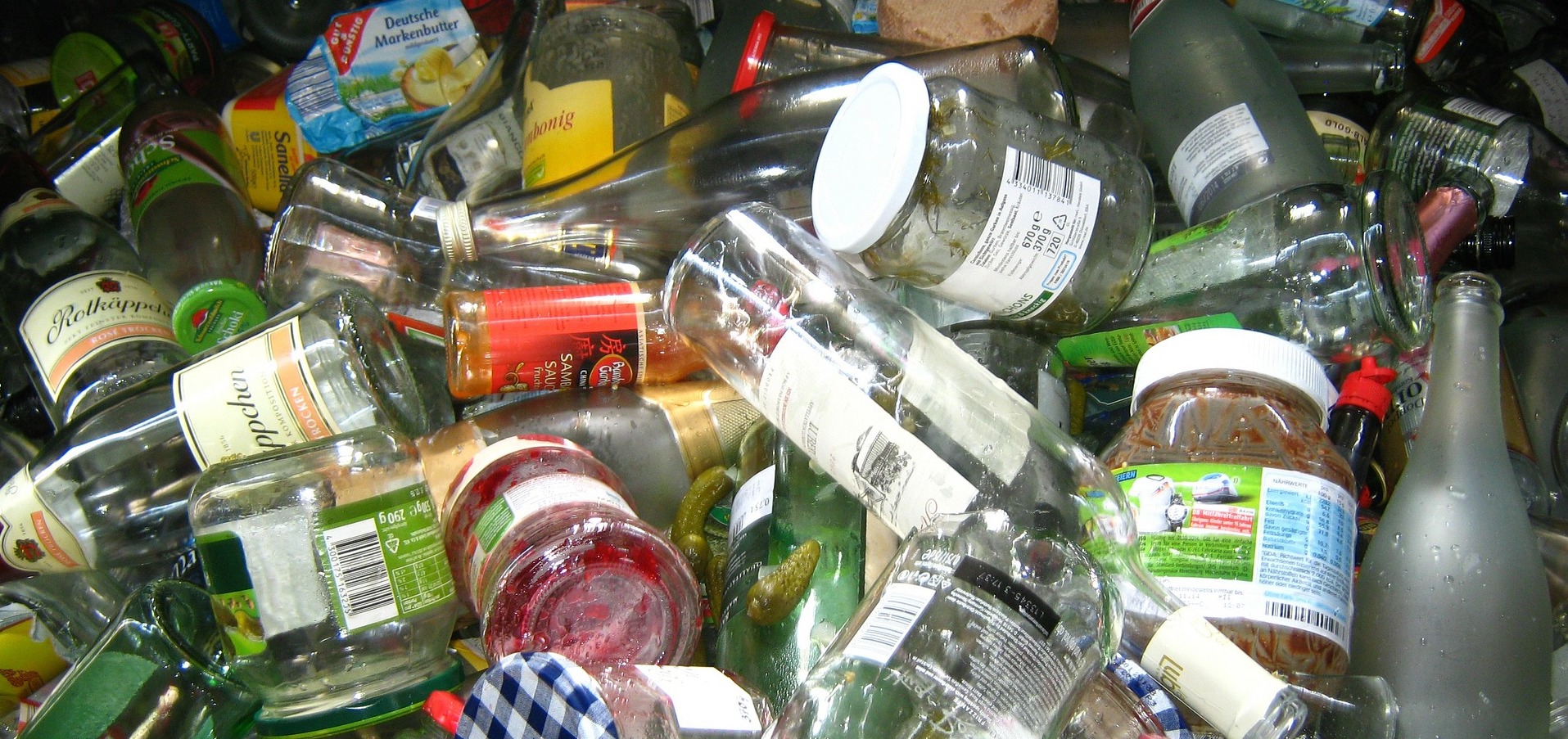$500 million for ‘infrastructure’; $75 million for “education.”
In three recent articles by Waste Dive, an online newspaper that covers the waste-and-recovery industry, this picture emerges:
Recycling is in trouble, thanks in part to China’s decision in 2017 to stop accepting waste from other countries. Residential recycling, which has never made money, is cash-strapped.
What to do? Look for federal funds.
Two major recycling bills have been proposed in the last few weeks, and at a November recycling summit the EPA secretary’ confirmed an interest in federal action.
The new developments:
- A bill called RECOVER, supported by the much of the waste industry,would provide $500 million in recycling “infrastructure.” If that seems vague, it is. However, it “would allocate $500 million in matching federal funds for states, municipalities, and tribes. That money is meant to improve various aspects of collection and processing infrastructure.”
- A bill called RECYCLE would focus on education and would only authorize $75 million over three years. “RECYCLE is less ambitious and seems to be supported by environmental groups as well as industry,” says Dive. It would provide recycling education grants and require the EPA to take steps to increase recycling rates and to reduce contamination of recycling waste streams.
- Not to be ignored is new recycling policies by the EPA. Says Waste Dive: “Compared to prior years, when the Trump administration proposed dramatically reducing the EPA’s budget and eliminating its recycling program, this about face is notable.”
In an interview with Dive, EPA administrator Andrew Wheeler acknowledged that China’s halt in waste imports was a big reason. “‘I think it’s a big priority because it’s a problem that we have to solve. And it’s really going to take some federal attention to solve it,’ he told Waste Dive, going on to mention a need to improve the quality and quantity of recycled feedstock for new products.” Adds Waste Dive: “Compared to prior years, when the Trump administration proposed dramatically reducing the EPA’s budget and eliminating its recycling program, this about face is notable.”

